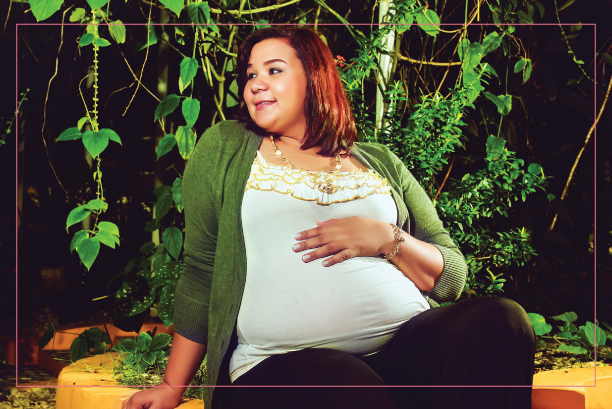We talk all the time about the benefits of Folic Acid for women planning on getting pregnant. While the B Vitamin is essential for reducing the likelihood of certain birth defects such as Spina bifida, Anacephaly, and congenital heart disease, there are other reasons for taking Folic Acid regularly.
The body requires folate to create and repair DNA and replace red blood cells. Not getting enough folic acid in your diet can lead to a folate deficiency. Often the symptoms of folate deficiency are subtle or attributed to other conditions like; gray hair, mouth sores, tongue swelling, and growth problems.
A diet low in folic acid can also lead to folate deficiency anemia. Anyone can suffer from folate deficiency anemia and it can occur in just a few days. Effects from folate deficiency anemia can include:
- Fatigue
- Weakness
- Lethargy
- Pale Skin
- Shortness of breath
- Irritability

While anyone can suffer from folate deficiency anemia, pregnant women are at a higher risk because their folate resources are supporting two people; mother and baby.
Others who are at a higher risk of folate deficiency are those who suffer from a disease that affects absorption in the gastrointestinal tract, including Chron’s disease, celiac disease, severe kidney problems, and some certain types of cancer.
Even a diet low in folate like fruits, vegetables, and fortified cereals can lead to low folate levels.
It’s recommended that people take 400 to 800 mcg of folic acid every day, either through a supplement or by making sure your diet includes foods rich in folate. You can learn more about what foods are folate-rich by visiting here.




